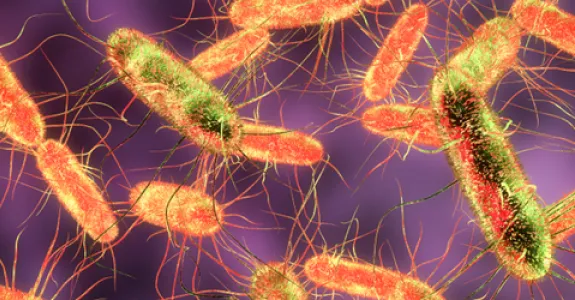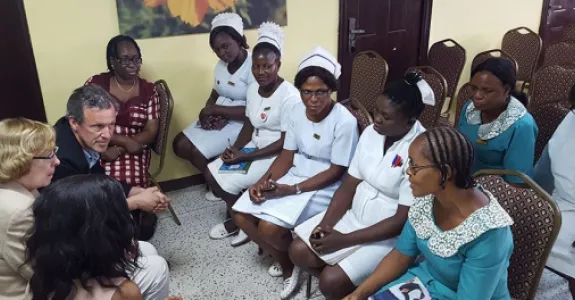
In perpetual awe of how 'simple' microbial organisms can perturb complex, multicellular eukaryotic organisms, Dr. Ami Bhatt has chosen to dedicate her research program to inspecting, characterizing and dissecting the microbe-human interface. Nowhere is the interaction between hosts and microbes more potentially impactful than in immunocompromised hosts and global settings where infectious and environmental exposures result in drastic and sometimes fatal health consequences.
Dr. Bhatt's group identifies problems and questions that arise in the course of routine clinical care. Often in collaboration with investigators at Stanford and beyond, the group applies modern genetic, molecular and computational techniques to seek answers to these questions, better understand host-microbe interactions and decipher how perturbation of these interactions may result in human disease phenotypes.
The goal of Dr. Bhatt's research program is to understand the interplay between human genetics and the microbial environment in patients with hematological malignancies (leukemia and lymphoma). Dr. Bhatt joined the faculty of the Department of Medicine (Divisions of Hematology and Bone marrow transplantation) and Genetics in Fall of 2014 after completing a postdoctoral fellowship focused on genomics at the Broad Institute. Her laboratory focuses on:
- the use of next generation sequencing to define the microbiome and host genomic and transcriptomic features in patients with hematological diseases;
- developing custom computational tools for the identification of novel human commensals and pathogens in these immunosuppressed patient populations; and
- using statistical and functional biological methods to understand host and microbial factors that confer sensitivity to colonization or infection by certain bacteria, viruses and fungi.






